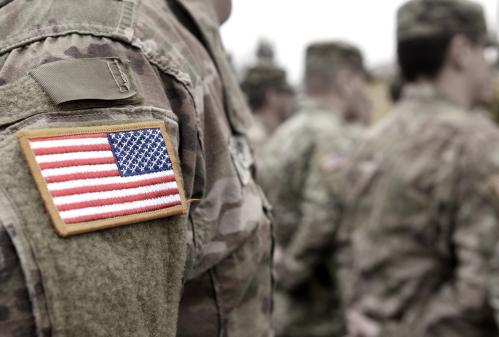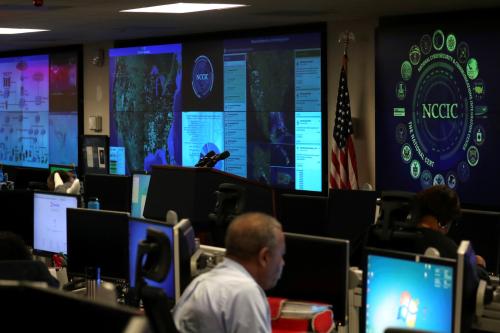The Obama administration informed Congress last month that it would proceed with the upgrade of Taiwan’s fleet of 145 F-16 jet aircraft. The decision is controversial. China firmly opposes any U.S. effort to assist Taiwan militarily. Although Taiwan expressed gratitude for the decision, it had sought 66 new F-16s in the more advanced C/D models (it now has the A/B models). Taiwan’s friends in Congress and defense contractors had argued for the C/Ds.
Taipei’s disappointment belies the fact that this decision constitutes a real contribution to Taiwan’s security and underscores the U.S. commitment to Taiwan. The A/B upgrade will significantly improve Taiwan’s deterrent against Chinese military power.
Consider this analogy: You own a fleet of 145 transport trucks that needs modernization. One option is to buy 66 late-model trucks and let the older ones wear out. Another is to retrofit your current fleet with components that are equivalent to the late-model version. An upgraded truck has capabilities that are very close to a new one. Moreover, the cost of retrofitting 145 trucks is only two-thirds the cost of buying 66 new ones, and the project takes about the same amount of time and maybe less. In an ideal world, you would want to both retrofit old trucks and buy new ones. But because resources are finite, the upgrade option provides a significant and cost-effective improvement in your hauling capacity.
This is similar to the situation that Taiwan faces regarding the F-16s. It would prefer to have both retrofitted A/Bs and new C/Ds. But with more advanced weapons, structural improvements and new avionics to monitor and target planes of the Chinese air force, the improved A/Bs will be significantly more capable than they are now. They are nearly equivalent to C/Ds except in a few respects (airframes and engines are the same). The project is an effective, timely use of Taiwan’s defense dollars. And the administration has not ruled out F-16 C/Ds at some future time.
This decision also demonstrates the continuing U.S. commitment to Taiwan’s defense. Including this deal, the Obama administration has sold more than $12 billion worth of arms to Taiwan in less than two years. This is more than twice the amount sold by the George W. Bush administration in its first term and 75% the amount sold during Bush’s eight years in office. The hard reality of Taiwan’s security is that as China’s military power grows, the island depends on U.S. power and will to deter Beijing and remain safe. This decision reaffirms the American commitment, as China clearly understands.
Under President Ma Ying-jeou, Taiwan has adopted a dual strategy to cope with its complex security predicament. It has sought to reassure China that it will not pursue the outcome that Beijing most fears: legal independence. Taipei also has worked to expand economic and social cooperation with Beijing to give China a greater stake in the status quo and less reason to resort to coercion. Taiwan, however, recognizes that China’s capacity to engage in coercion is improving.
That reality gives both Washington and Taipei cause to doubt China’s intentions. So Taiwan must prepare for the worst even as it hopes for the best. It does so by enhancing its ability to hold on, in the event that deterrence fails, until the United States mobilizes to intervene. Upgrading Taiwan’s F-16s is one cost-effective and timely way to do that.
The Brookings Institution is committed to quality, independence, and impact.
We are supported by a diverse array of funders. In line with our values and policies, each Brookings publication represents the sole views of its author(s).



Commentary
Op-edUpgrading Taiwan’s Defense
October 19, 2011